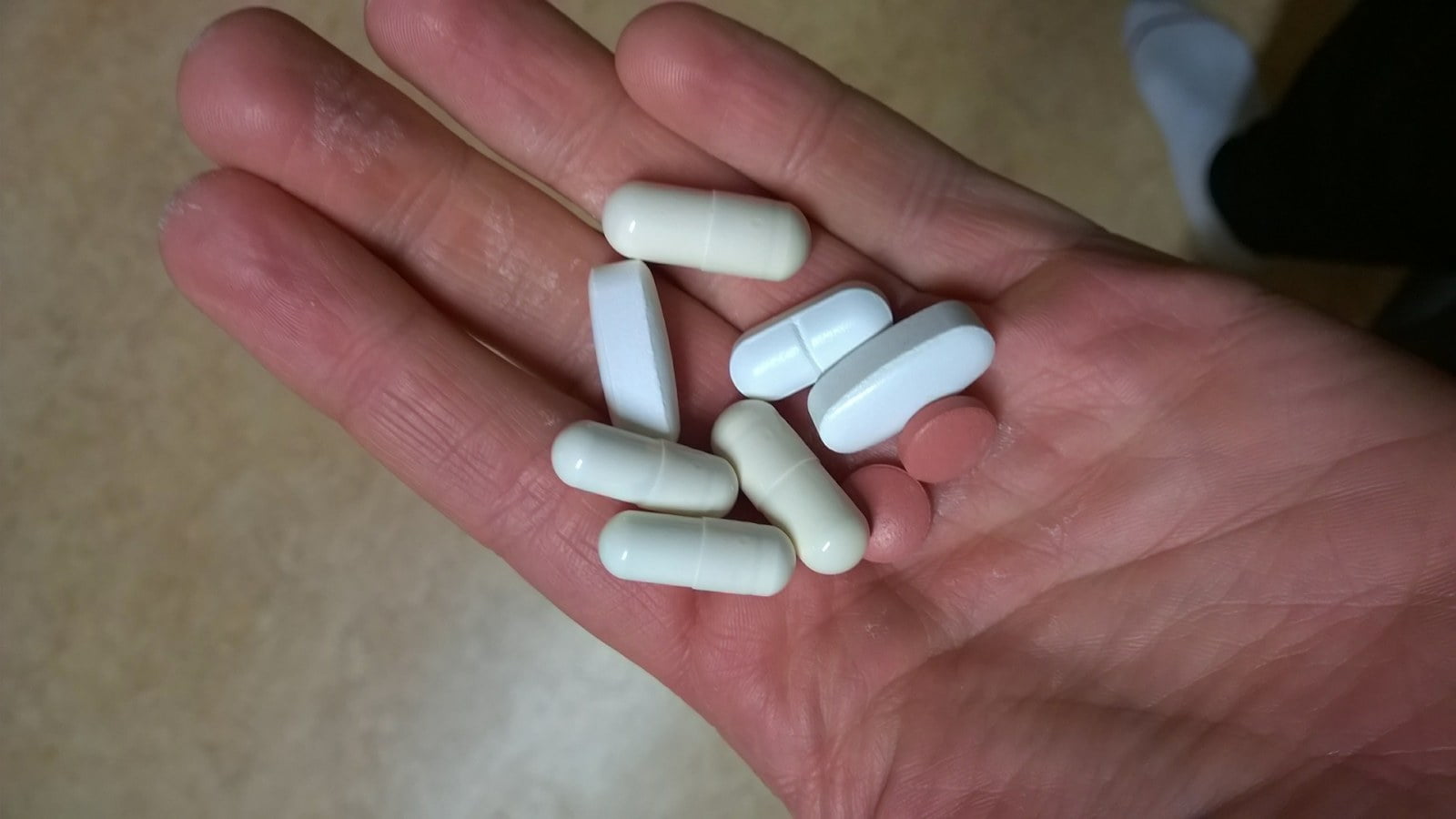Health

You will almost surely catch a “Sôdade” in Cape Verde, the famous longing of the islands described by so many poets and musicians.
In addition, please note:
In the Cape Verde Islands, vaccinations are not mandatory.
However, vaccinations against diphtheria, tetanus, polio, measles and hepatitis A are recommended. Risk groups should also vaccinate against hepatitis B.
A valid vaccination against yellow fever is prescribed for all travelers entering a yellow fever area. However, this does not apply to airport passengers.
On each island there are pharmacies (Farmácias). Nonetheless, we recommend you to bring a travel apothecary, especially if you are dependent on specific medicines.
Diarrheal diseases can be avoided by appropriate food and drinking water hygiene. Do not use tap water for food. “Boil it, peel it, cook it, wash it”. In addition, especially frequent hand washing is recommended. Ethyl alcohol is available in small plastic bottles, which are ideal for disinfecting the hands during trips and during the journey.
We recommend you take enough mosquito repellent, but you will get the most effective repellent on the spot. Ask for “PreVipiq Repelente”.
In 2009, cases of Dengue fever were reported in Santiago, Fogo and Maio. Nowadays there is no acute dengue risk, but it is always better to be safe than sorry. The viral disease is transmitted by a diurnal mosquito and predominantly without complications. Since there is neither vaccination nor a causal therapy against the dengue fever, a consistent 24-hour mosquito protection (long, ankle-covering clothing, repellents) is recommended.
Basically, the country is free of malaria. However, there is a very low seasonal risk of malaria in Santiago (from August to November). Given the very low risk regular medication prophylaxis is not necessary and is not recommended, due to its strong side effects.
For further medical information, consult your GP or a tropical clinic in your area.
